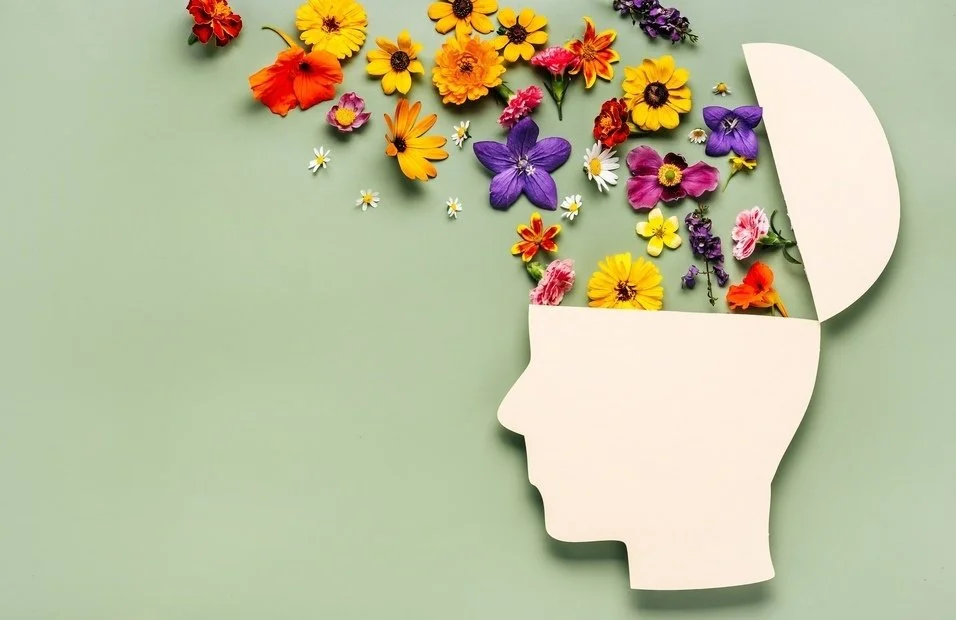How to Support an Anxious Teen, Part 2
This week we continue our discussion on how to support teens struggling with anxiety. As the rate of anxiety and mood disorders in the U.S. continues to increase each year, teens are especially vulnerable. Below are some tools parents can use to help their teens grow into healthy and well-adjusted young adults. If you missed How to Support an Anxious Teen, Part I, click here.
Keep Moving
Physical exercise brings oxygen to all parts of the body, including the brain. As a result, physical activity is critical to healthy brain development and performance. Brain studies show that being physically active can improve cognitive and academic abilities for adolescents.
By engaging in consistent physical exercise, such as group sports or working out at the gym, teens learn to prioritize their health. Active teens are more likely to carry these healthy habits into adulthood.
Physical activity also has a positive impact on hormone levels. Exercise promotes better sleep and decreases mood swings and mood disorders, such as depression and anxiety. As the intensity of a workout increases, more hormones are released, such as dopamine (our “feel-good” hormone) and serotonin (our sleep-regulating hormone). To support your anxious teen, encourage them to aim for at least 30 minutes a day of exercise with a combination of strength training and cardio.
Connect With Nature
Studies have shown that just being in nature lowers the stress hormone, cortisol, and increases feelings of happiness and well-being. In a 2019 study, researchers found a direct link between time spent outside in nature and lower levels of cortisol in the body. The results showed that simply taking a short walk outside for 10-20 minutes significantly reduced cortisol levels. The most dramatic reduction of cortisol occurred when participants spent 30 minutes outdoors.
We know that high cortisol levels can lead to hormonal imbalance, mood, and sleep disorders, and numerous other negative side effects. Researchers found that not only did spending time in nature greatly reduce cortisol levels, but it had long-lasting effects as well. Individuals who spent a weekend away in nature compared to those who spent the weekend relaxing indoors had lower cortisol levels by the end of the weekend. They also continued to have lower cortisol levels for weeks after the experience.
For teens, prioritizing time outside may mean taking a walk each day with a family member or doing homework on an outdoor patio when the weather is nice. Some teens may choose to join a hiking club, row crew, or play outdoor sports. You could include the whole family and go camping or hiking together. A simple and free way to spend more time in nature is to sit out in the backyard or a public park.
Share Gratitude
Research has shown that expressing gratitude can reduce anxiety. For teens, their world can feel like it fluctuates from one extreme to the next. One day your teenager may feel wonderful and the next it all comes crashing down. Extreme feelings can be part of normal teenage life. However, you can introduce the idea of gratitude to help your teen remain grounded. Make it a family ritual to share what you are grateful for each day as a way to support your anxious teen.
Nevertheless, it may not be easy to convince your teen to engage in this activity! Here are a few suggestions to introduce a gratitude conversation or ritual into the day:
Keep it Short and Sweet: There is no need for a deep or long conversation. If your teen just shares a simple example of gratitude and then the conversation moves on to other topics, count it as mission accomplished!
Provide Reassurance and Acceptance: Let teens identify gratitude without judgment or commentary. Resist following up with many questions. Whatever your teen chooses to share, just allow it to be and provide validation. Your teen will elaborate and share more if they want.
Use Prompts: Having a hard time encouraging your teen to express gratitude? Below are a few helpful prompts you can use to start the conversation.
What is something you initially didn’t like, but are now glad that it happened?
What experience are you glad is over?
Aside from the phone, what other modern invention would you miss most if it didn’t exist?
What activity has had the biggest impact on you/your life right now?
What is your favorite movie/book of all time?
Which one of your peers do you most admire and why?
What person in your life do you think trusts you the most?
Looking for more support for your anxious teenager? Please reach out to us. Our team of clinical experts is here to provide support and guidance.







